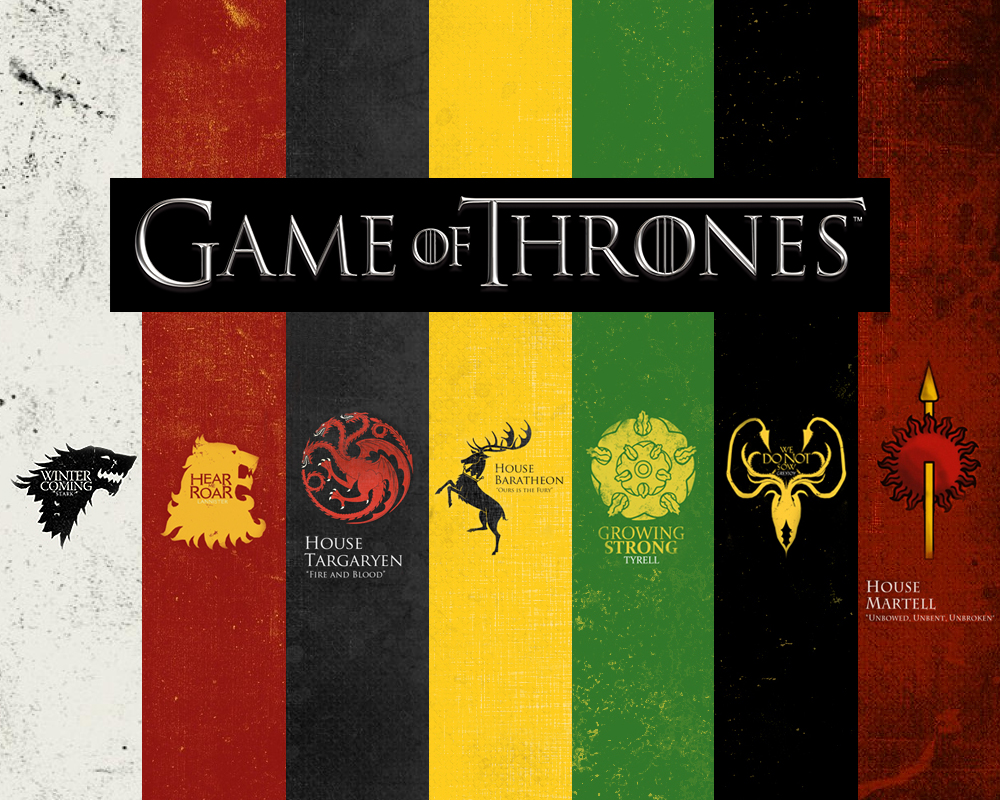By using the Game of Thrones pop-culture television series, I have structured my courses in a way that seeks to solve problems that plague many history courses serving university requirements.-Spalding
In the article Game of Thrones and Gaming in the Classroom, Sarah M. Spalding discusses ways in which she can get her students to engage in the material while using applicable twenty first century skills to do so. In order to get a pop culture connection to the history game she developed, she linked it to the popular books and television series Game of Thrones (A World of Ice and Fire). Students would work together and in a competitive yet fun manner in teams. This was an attempt to get students engaged without having them feeling “forced” to participate.
This allows students to begin thinking about the historical content in a way that is not just information that happened in the past, but as something that is relatable.-Spalding
Relatability is extremely important to having students understand history. This does not only apply to non-history majors who may not take such an enlightened interest in history, but to history majors as well. While the main goal of this game is to learn about the medieval times through Game of Thrones, it also is hoping to find a sense of relatability with students. Of course students may not be able to relate to lets say a character from the show, such as being a prince or king or lord, they can still relate to motives that one character may feel such as love, anger or loyalty.
For the class, winning means making as many accurate historical plays and accruing as many points as possible as a team. At the end of every class period where we play the game, one team emerges as victorious.-Spalding
While the game is a roleplay and set in Westeros, it is still intended to be played with some historical context. One personal example I have from something similar was a black death roleplay game in my medieval class. While it was set in a real city in England during the late 14th century, all the characters were assigned were fictional. While they were fictional, we were tasked with writing about them and creating our own stories and lore with regards to their daily lives. I personally would have loved to take part in the game Spalding created for her students, it sounds really fun with not only myself being a history major, but also a Game of Thrones fan.
